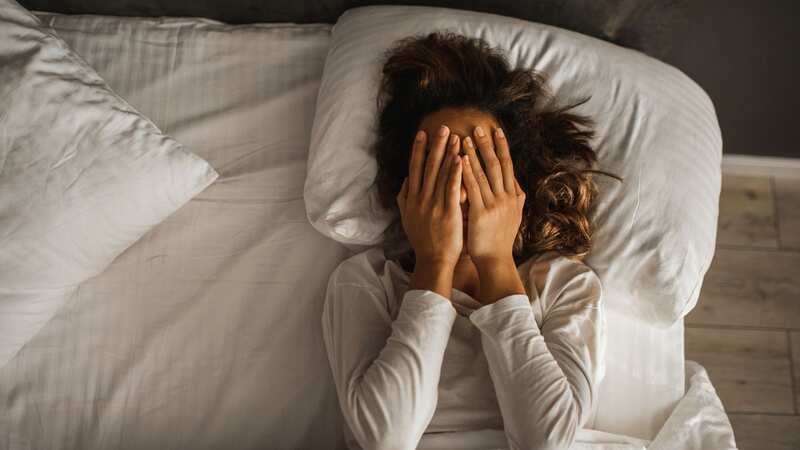Signs of sleep condition shouldn't be ignored as it can make you look older

Many of us spend hundreds of pounds on products to help prevent our skin from ageing, and it turns out a sleep condition could be making things worse.
One in five people in the UK aren't getting enough sleep for one reason or another, whether that be because of illness, stress or because you've had a baby. A few sleepless nights are nothing to worry about, but there's one sleep condition which can have detrimental effects on your health.
Insomnia, which is finding it difficult getting to sleep or staying asleep for a long time, is a common problem which affects around one in every three people in the UK, according to the NHS. Getting enough sleep is absolutely crucial for going about your daily life, so the warning signs shouldn't be ignored.
In fact, if you don't get enough sleep it can lead to fatigue, lack of focus, type 2 diabetes, weight gain - and can even make you look older, Wales Online reports. A study which was done by researchers at UCLA found that just a single night of insufficient sleep can make an older adults' cells age quicker.
"Our data support the hypothesis that one night of not getting enough sleep in older adults activates important biological pathways that promote biological ageing," said lead author Judith Carroll, PhD, assistant professor of psychiatry and biobehavioral science at UCLA.
 'My neighbour's screaming baby keeps me up all night - I'm sick of it'
'My neighbour's screaming baby keeps me up all night - I'm sick of it'
A restless night can also lead to teeth grinding, sleep walking, and even trigger other issues like high blood sugar and liver damage. If you have chronic insomnia, which occurs three or more nights a week for more than three months, it could increase the risk of serious diseases and illnesses including heart attack, stroke and shortened lifespan.
Symptoms of insomnia
- finding it hard to go to sleep
- waking up several times during the night
- lying awake at night
- waking up early and cannot go back to sleep
- still feeling tired after waking up
- finding it hard to nap during the day even though you're tired
- feeling tired and irritable during the day
- finding it difficult to concentrate during the day because you're tired
How to treat insomnia
Insomnia usually gets better if you change your sleep habits. The NHS recommends making sure you:
go to bed and wake up at the same time every day
relax at least one hour before bed, for example, take a bath or read a book
making sure your bedroom is dark and quiet
exercise regularly during the day
make sure your mattress, pillows and covers are comfortable
don't smoke, drink alcohol or have tea or coffee in the six hours before going to bed
don't eat a big meal late at night
exercise at least four hours before bed
 Expert shares major tell-tale signs of bed-bugs - including 'rusty smell'
Expert shares major tell-tale signs of bed-bugs - including 'rusty smell'
don't watch a screen right before going to bed
don't nap during the day
You can also buy tablets from a pharmacy that may help you sleep better. But you should speak to a doctor before taking anything. A GP will try to find out what's causing your insomnia so you can get the right treatment.
Read more similar news:
Comments:
comments powered by Disqus

































